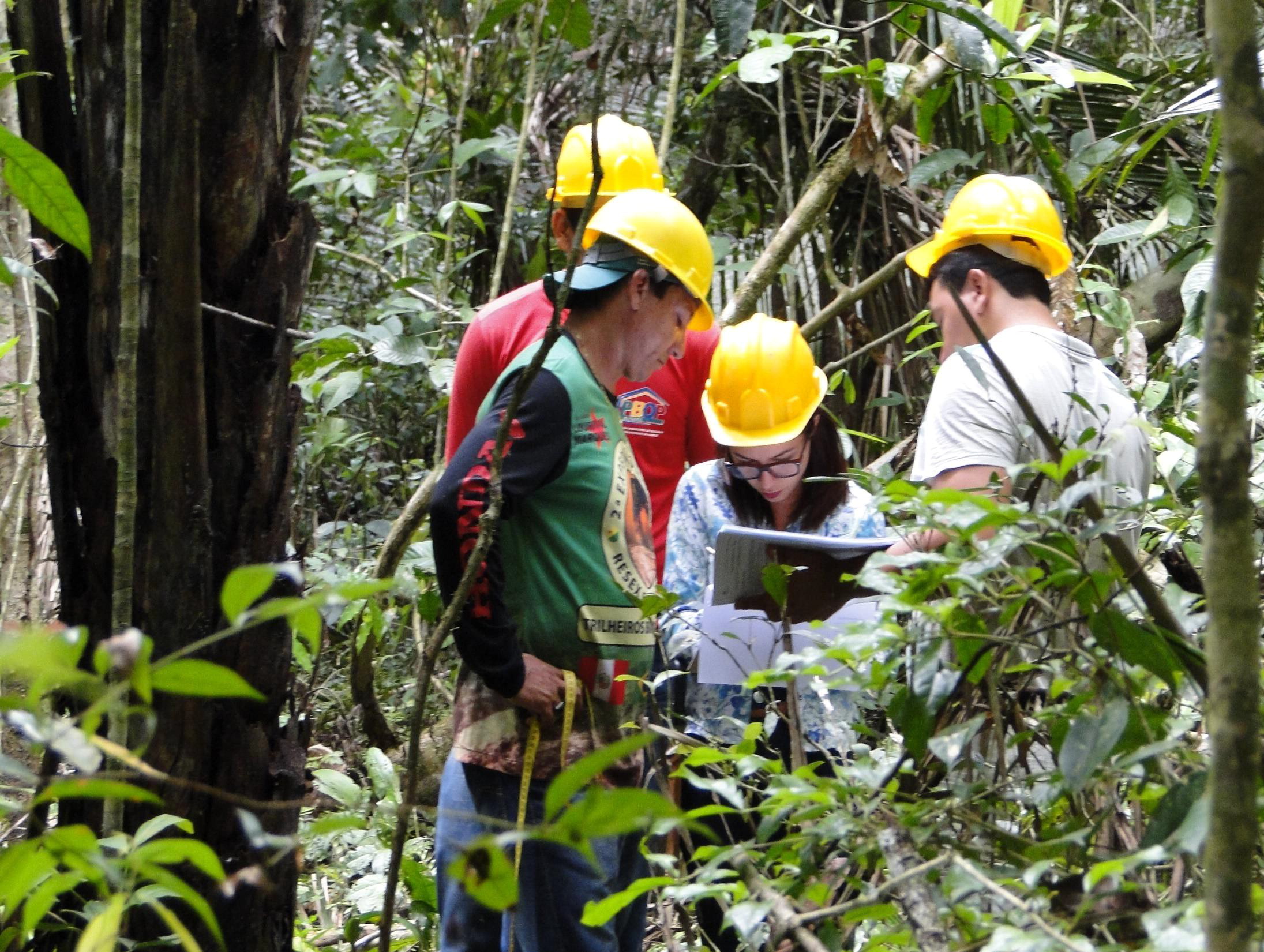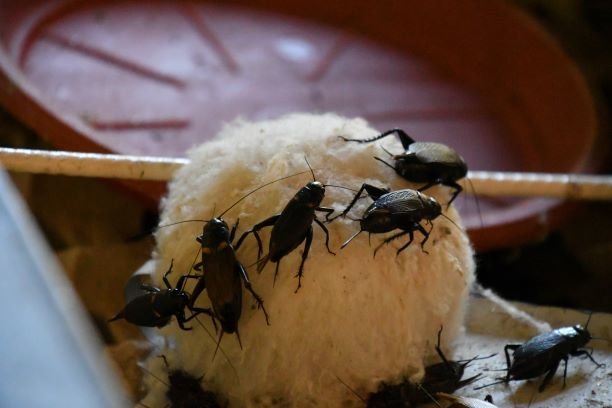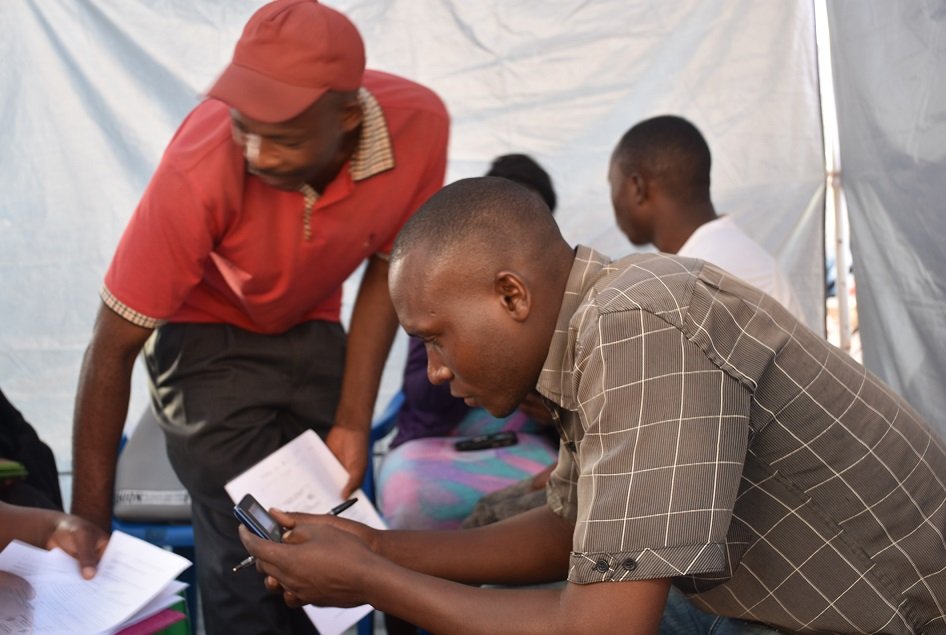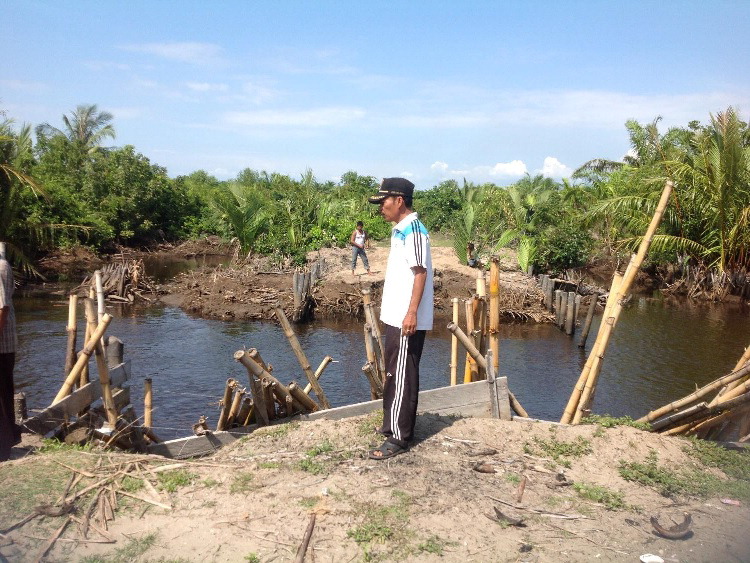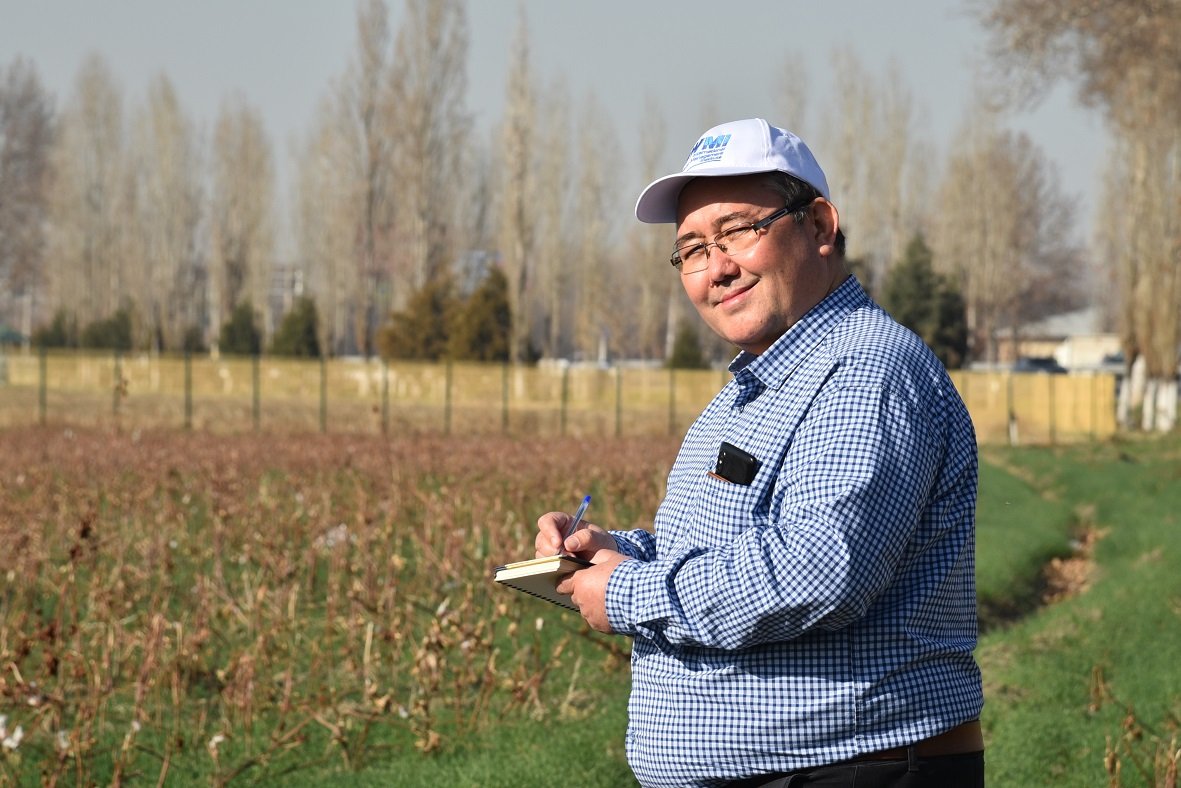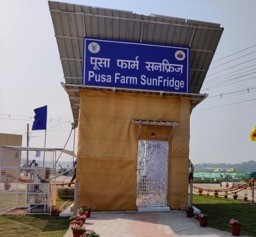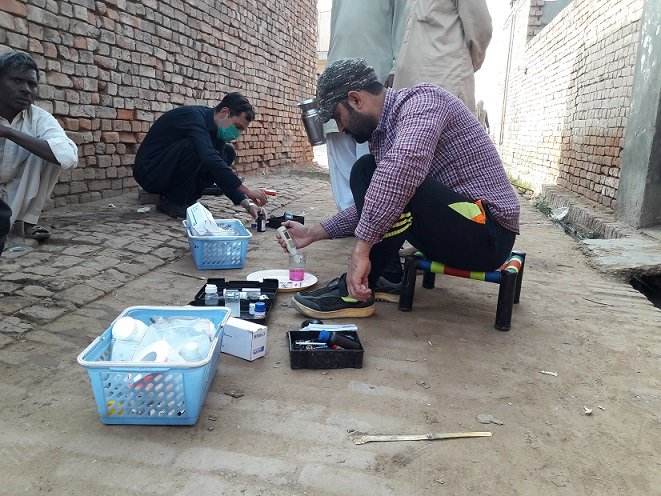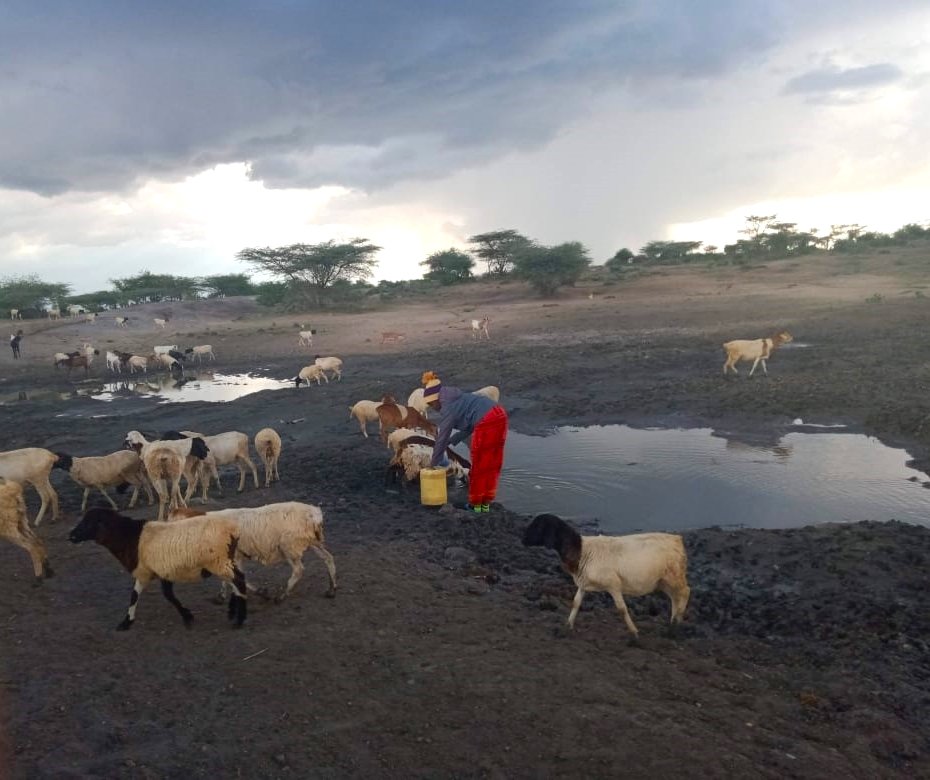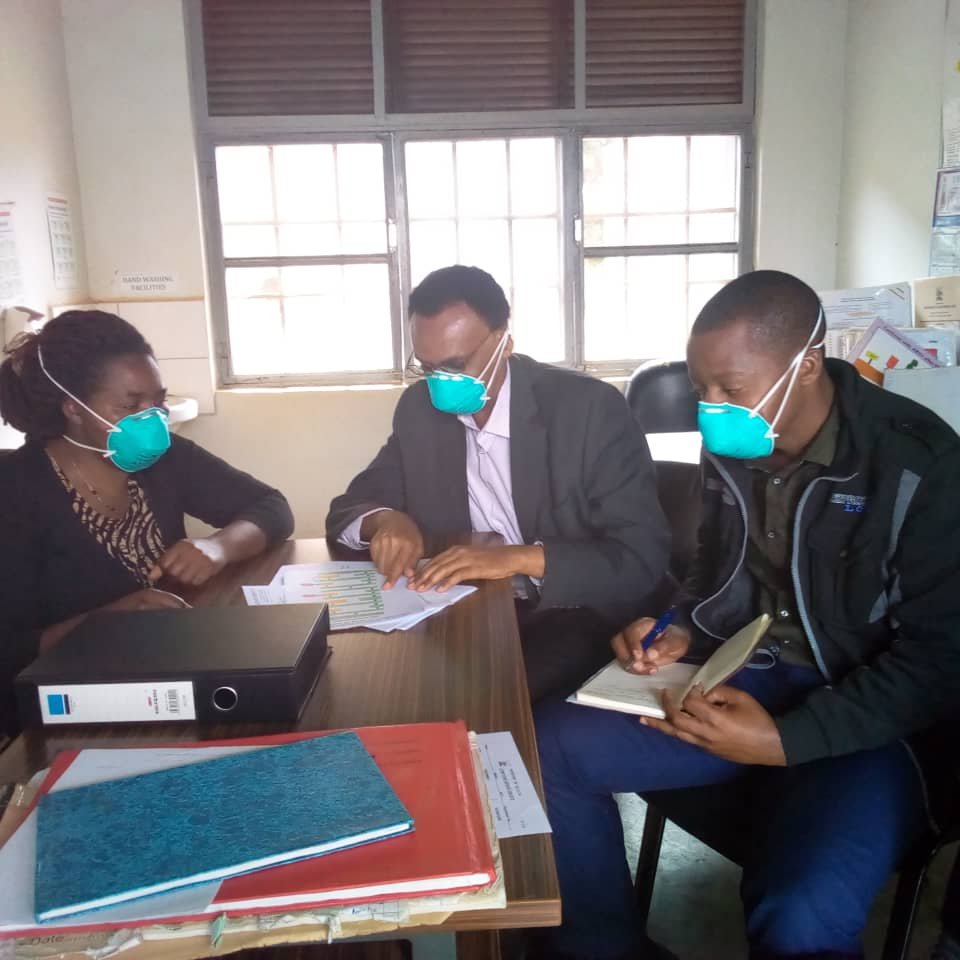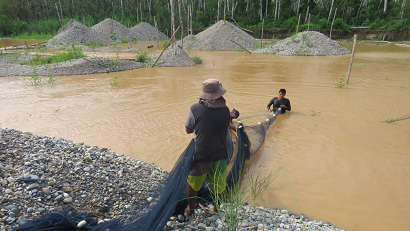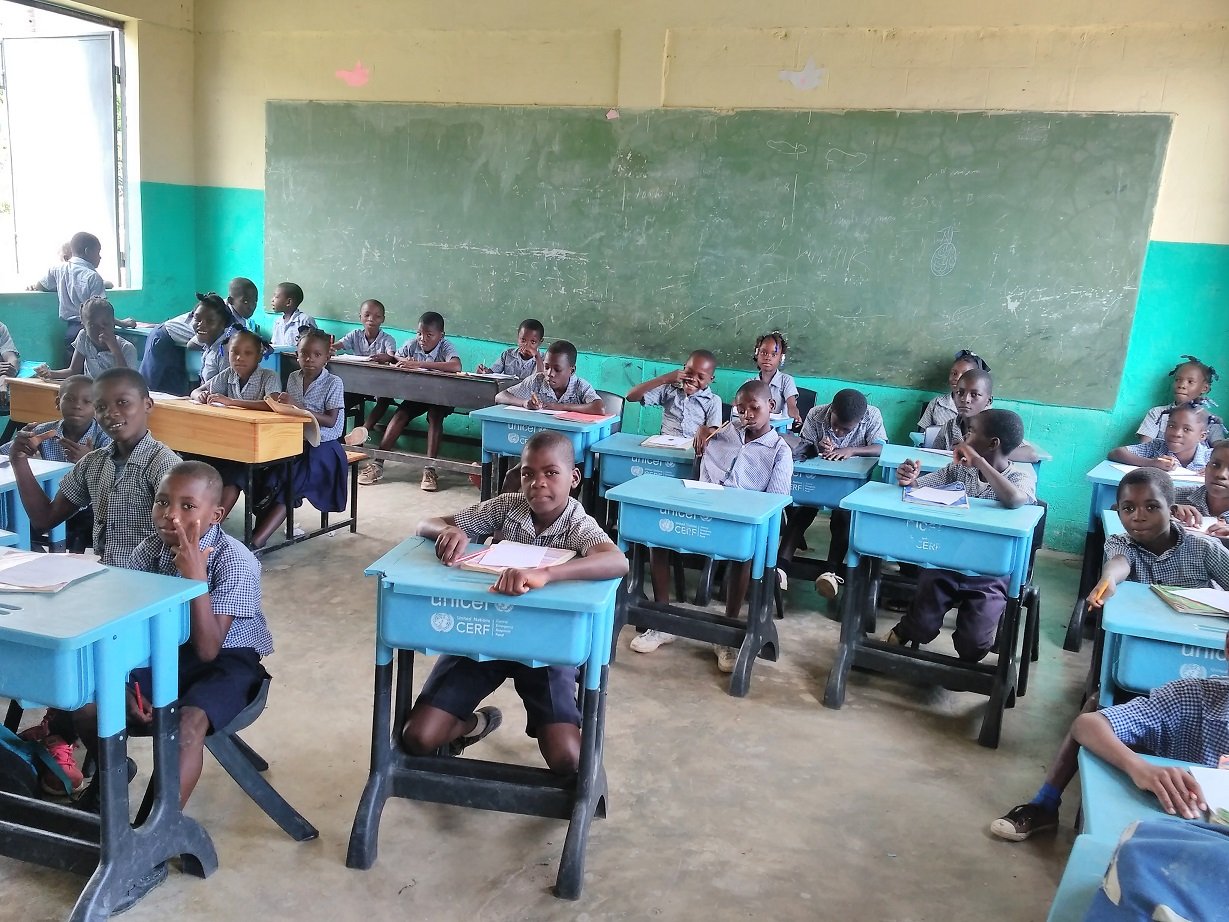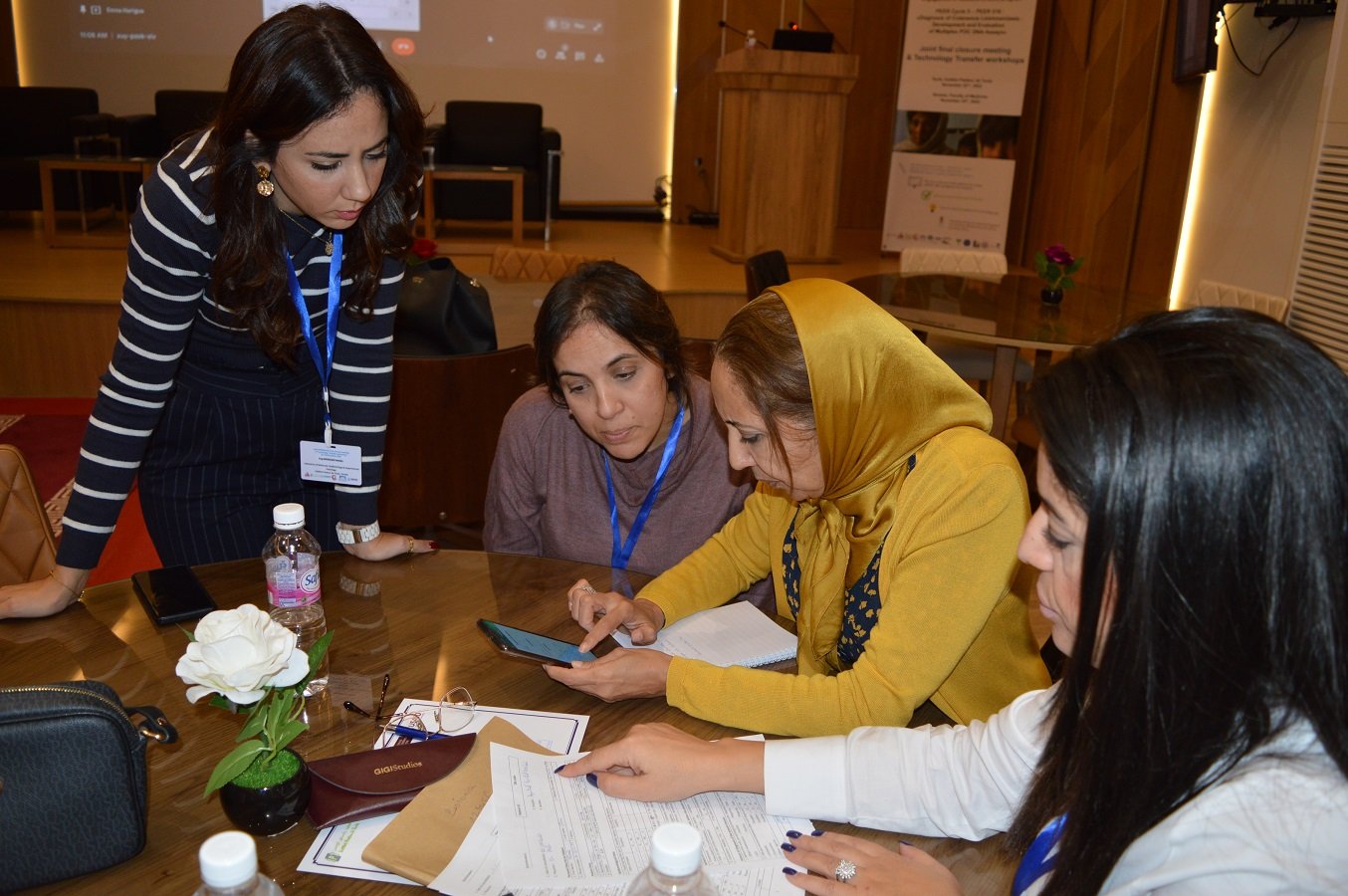|
PEER Seminar Series
In 2021, the PEER program marks its 10th anniversary of funding science around the world leading to better science capacity and significant policy change in many countries. In view of this 10 year mark, the PEER program organized a series of webinars to highlight collaborative, USAID-supported research and explore the impacts of applying evidence to complex development challenges. The series continues in 2022 and features one principal investigator (PI) each month who briefly discuss their work and how they have translated their research into policy at local, national, and even regional levels.
Talks cover impacts and interactions with stakeholders (government, NGOs, the community, etc.) and are approximately 20 minutes long, followed by five minutes of perspective from the USG-funded project partner, and concluding with a Q&A discussion. Recordings of each presentation are available below.
PEER as a Catalyst for Fire Science and Policy in Colombia
PI: Dolors Armenteras, Universidad Nacional de Colombia, Colombia
U.S. Partner: Jennifer Balch, University of Colorado, Boulder
March 5, 2021
Colombia’s tropical forests are important ecosystems that help ensure clean air and maintain systems of biodiversity—both in Colombia and around the world. Colombia has many policies and guidelines for wildfires that focus on fire suppression. However, many of these policies are outdated and do not reflect the latest research, which has indicated that wildfires are increasing in frequency and intensity. A new, comprehensive fire policy is needed to adapt to changing ecosystems and include a greater focus on integrated fire management.
Related Projects:
Project 8-41: Recommendations for decision makers with concerns on forest fire policies
Project 5-331: Degradation of tropical forests in Colombia: impacts of fire
Mobile Applications for Reproductive Health Services
PI: Ali Idri, ENSIAS, University of Mohammed V in Rabat, Morocco
U.S. Partner: Leanne M. Redman, Pennington Biomedical Research Center
March 29, 2021
Dr. Idri presented his work on an Information and Communication Technology-based solution to improve the quality and accessibility of reproductive health services in Morocco. His research will provide critical evidence on how digital technologies can improve access to reproductive health services, and what characteristics are needed to improve usability and usefulness of digital tools.
Related Project:
Project 7-246: Facilitating access to reproductive health services for refugee women in Morocco
Capacity Building for Participatory Forest Monitoring in the Southwestern Brazilian Amazon
PI: Sabina Ribeiro, Universidade Federal do Acre, Brazil
U.S. Partner: Stephen Perz, University of Florida
May 12, 2021
Dr. Ribeiro presented her work on forest biodiversity and carbon stocks, along with her efforts to improve the capacity of stakeholders to contribute to sustainable forest management in the Brazilian Amazon. Her research builds relationships with community members and increases awareness of how community activities impact forest health.
Related Project:
Project 4-461: Capacity building for participatory monitoring of changing forests in sustainable use areas of the Southwestern Brazilian Amazon
Accessibility and Cultural Value of Edible Insects to Alleviate Malnutrition in Madagascar
PI: Andrianjaka Ravelomanana, Madagascar Biodiversity Center, Madagascar
U.S. Partner: Brian Fisher, California Academy of Sciences
June 10, 2021
Dr. Ravelomanana presented his work to promote the diversity of edible insects, such as crickets, as food. His research focuses on identifying wild edible insect species and promoting them as an environmentally sustainable, alternative protein source to help reduce malnutrition.
Related Project:
Project 6-125: Wild and edible insects to sustain forests and fight malnutrition
Reproductive Health Empowerment through Telehealth (REHEAT)
PI: Agnes Kiragga, Makerere University
U.S. Partner: Keith Horvath, San Diego State University
June 28, 2021
Dr. Agnes Kiragga presented her work on using digital health to promote the uptake of family planning in Uganda. The team leveraged the increasing mobile phone penetration in the country to dispatch weekly informational, motivational and behavioral messages on family planning for a period of six months.
Related Project:
Project 7-471: Reproductive Health Empowerment through Telehealth (REHEAT)
Recognizing the convergence of DRR and CCA initiatives in cities/districts’ spatial and development plan to
respond risk index : from the perspective Coastal Metropolitan Planning
PI: Harkunti Pertiwi Rahayu, Institut Teknologi Bandung
U.S. Partner: Louise K. Comfort, University of Pittsburgh
July 14, 2021
Dr. Rahayu presented her work on developing integrated plans for coastal metropolitan areas for both disaster risk reduction and climate change adaptation. In particular, her research aims to develop locally-relevant strategies that also consider global frameworks and national guidelines to improve resilience to climate hazards.
Related Projects:
Project 6-25: Converging climate change adaptation and disaster risk reduction strategies into agglomeration policy for coastal metropolitan planning
Project 3-103: Integrated local emergency response policy improvement and capacity building for advance-early warning system in the face of near-field tsunami risk
Water-Energy-Food nexus application in transboundary rivers of Central Asia: Case studies from Amu Darya
and Syr Darya river basins
PI: Kakhramon Djumaboev, International Water Management Institute, Central Asia Sub-Regional Office
U.S. Partner: James Ayars, USDA-ARS Water Management Unit
August 17, 2021
Kakhramon Djumaboev presented his work on about the application of the water-food-energy nexus concept on the transboundary rivers of Central Asia. He discussed how the growing population of the Amudarya and Syr Darya River basins has resulted in an increased demand for water for food and hydropower generation
Related Project:
Project 4-97: Mitigating the competition for water in the Amu Darya River Basin, Central Asia, by improving water use efficiency
“Non powered” cold storage solutions
PI: Sangeeta Chopra, Indian Council of Agricultural Research-Indian Agricultural Research Institute
U.S. Partner: Norbert Mueller, Michigan State University
September 21, 2021
Dr. Sangeeta Chopra from the Indian Agricultural Research Institute in India discussed how an inexpensive, off-grid, batteryless, cold storage for perishables is needed to support smallholder farmers in developing countries as the first link in the cool chain. The team found evaporative cooling, on its own, was not sufficiently effective and had variable performance throughout the year. This led them to develop an off grid, batteryless, solar powered refrigeration system named the “Pusa Farm SunFridge” (Pusa FSF).
Related Project:
Project 7-360: Off-grid, clean energy cooling for affordable storage of perishables for BOP farmers
Reducing Health Risks due to Groundwater Contamination throughout India and Pakistan
PI: Chander Kumar Singh with Abida Farooqi
U.S. Partner: Lex van Geen, Lamont-Doherty Earth Observatory
February 7, 2022
Dr. Chander Kumar Singh of the TERI School of Advanced Studies, India and collaborator Dr. Abida Farooqi of Quaid-i-Azam University, Pakistan discuss reducing health risks due to groundwater contamination in India and Pakistan with comments by their US partner Dr. Lex van Geen.
Related Projects:
Project 2-61: Targeting low-arsenic and low-fluoride groundwater to reduce exposure in rural Punjab, India
Pakistan-US S&T Project: Understanding the Mechanism of Arsenic and Fluoride and Reducing Exposure by Targeting Low Arsenic and Fluoride Aquifers in Rural Punjab, Pakistan.
Enhancing capacity of local communities in Laikipia County, Kenya: Increasing preparedness and response to emerging infectious diseases in parallel with preservation of biodiversity
PI: Joseph Kamau, University of Nairobi
U.S. Partner: Dawn Zimmerman, Smithsonian Institution
April 20, 2022
Dr. Joseph Kamau, who is both Head of the One Health Centre and a Senior Research Scientist at the Institute of Primate Research in Kenya, presents local efforts to increase preparedness and response to infectious diseases.
Related Project:
Project 9-69: Enhancing capacity of local communities in Laikipia County, Kenya: Increasing preparedness and response to emerging infectious diseases in parallel with preservation of biodiversity
mHealth for TB-Tobacco: An approach to reduce tobacco use among TB patients
PI: Elizeus Rutebemberwa, Makerere University
U.S. Partner: Robert Pack, East Tennessee State University
June 7, 2022
Dr. Elizeus Rutebemberwa, who is an associate professor in the Department of Health Policy, Planning, and Management at the School of Public Health, College of Health Sciences, Makerere University, Uganda, discusses his work to reduce tobacco use among TB patients.
Related Project:
Project 5-450: mHealth for TB-Tobacco: An approach to reduce tobacco use among TB patients
PEER Seminar Series: Dr. Monica Moreno Brush
PI: Mónica Moreno Brush, Universidad de Ingeniería y Tecnología
U.S. Partner: Eddy Langendoen, United States Department of Agriculture/ Agricultural Research Service
November 18, 2022
Dr. Monica Moreno Brush, who is a researcher and senior analyst at the Center for Amazonian Scientific Innovation in Peru, discussed the project work exploring the impacts of alluvial gold mining on the Madre de Dios River, as well as efforts to implement effective mitigation strategies.
Related Project:
Project 8-235: Impacts of alluvial mining in the Madre de Dios Basin: physical effects and mitigation planning.
PEER Seminar Series: Dr. Kadeghe Fue
PI: Kadeghe Fue, Sokoine University of Agriculture
U.S. Partner: Glen Rains, University of Georgia (funded by the United States Department of Agriculture/ National Institute of Food and Agriculture)
March 14, 2023
Dr. Kadeghe Fue, a researcher and lecturer at Sokoine University of Agriculture in Morogoro, Tanzania discussed work developing artificial intelligence (AI) capacity in Tanzania and harnessing AI to improve agricultural output in the country. This effort is centered around the newly-formed YEESI lab at the Sokoine University of Agriculture.
Related Project:
Project 9-456: Morogoro youth empowerment through establishment of social innovation (YEESI) lab for problem-centered training in machine vision
PEER Seminar Series: Dr. Rochambeau Lainy
PI: Rochambeau Lainy, State University of Haiti
U.S. Partner: Nathalis Wamba, Queens College
June 6, 2023
Dr. Rochambeau Lainy, a professor at the State University of Haiti, explored impacts on students with disabilities and the pedagogical practices of their teachers in areas of Haiti devastated by Hurricane Matthew on October 3, 2016.
Related Project:
Project 6-18: Students with disabilities and pedagogical practices of teachers in the schools in three Regions of Haiti
PEER Women in Science Mentoring Program: Tunisia
Dr. Ikram Guizani, Dr. Insaf Bel Hadj Ali, Dr. Emna Harigua
September 19, 2023
This webinar was the sixteenth in the series. It featured Drs. Guizani, Bel Hadj Ali, and Harigua, Institut Pasteur de Tunis, who discussed their respective projects, their experience as part of the mentorship program, and the progression of their careers.
Related Project:
Project 5-518: Diagnosis of cutaneous leishmaniasis: development and evaluation of multiplex POC DNA assays
|
|
|
|






